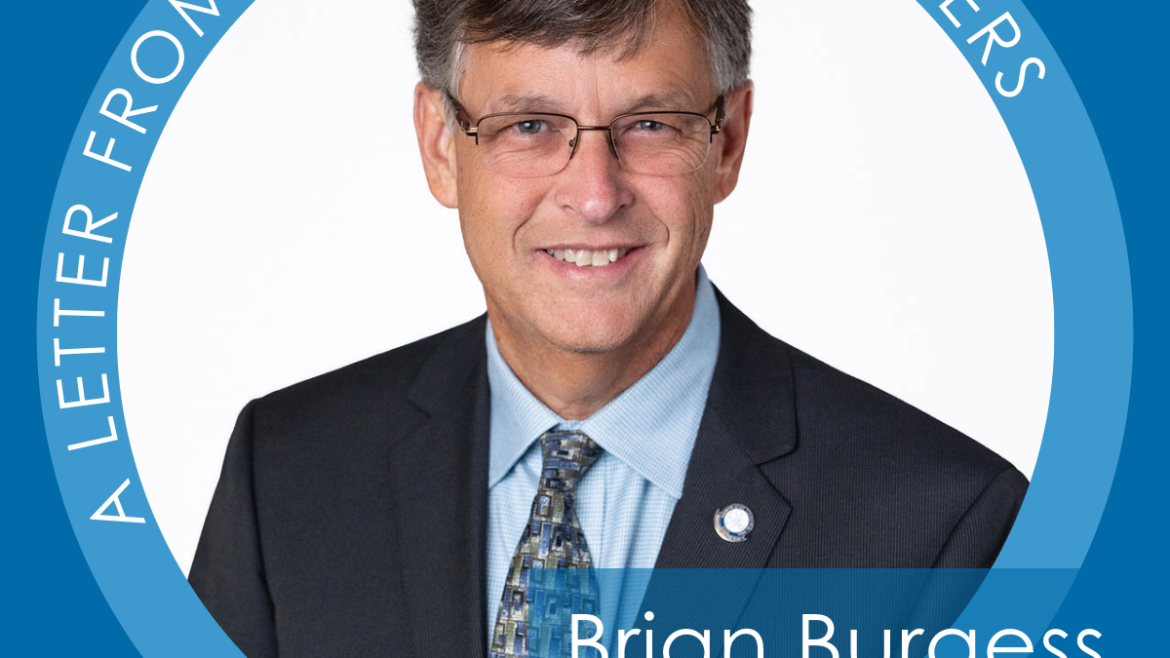Focusing on Christ
A couple of months ago, I celebrated my 35th anniversary of being a part of our Vincentian family. Thirty-five years of blessings and an opportunity to learn and grow from the wisdom of Vincentians. I also just celebrated my five-month anniversary as your National CEO, and wow, have I learned a lot!
As Vincentians, we are called to be like a sponge, absorbing knowledge and spiritual growth from our brother and sister Vincentians. I began my Vincentian journey as a 22-year-old. I did not know much then — and I quickly learned, the more wisdom that was shared with me, the more I realized that I had to learn.
Older and wiser Vincentians taught me never to go to a gathering or meeting with my mind already made up on a particular matter but instead, arrive at the meeting with the desire to listen and discern the best solution.
As many of you know, Sam Pettway, founder of Boardwalk Consulting, is the recruiter who led the recent nationwide SVdP CEO search. After Sam reached out and asked me if I had any interest in the role, he asked me to describe myself. I told Sam that I consider myself a student of life, with the desire to keep on learning and growing. For me, the most attractive thing about our Society is our mission that calls us to grow together spiritually and in friendship so that we can serve Christ — our neighbor in need.
We have all heard the saying that if you have seen one St. Vincent de Paul Conference or Council, you have only seen one. We have such a strong and diverse way of focusing on serving Christ. This is what makes us special.
In the first Beatitude, when Christ says, “Blessed are the poor in spirit, for theirs is the kingdom of heaven,” He is talking to us! He is asking each of us to recognize our spiritual poverty and our need to grow closer to Him.
St. Vincent de Paul, St. Louise de Marillac, Blessed Frédéric Ozanam, and Blessed Rosalie Rendu serve as examples for us all to emulate. They lived in times far more difficult than what we face today. They saw challenges as opportunities to live their faith and keep their focus on Christ.
We should not put our faith into anyone or anything except Christ — we can count on Him, and He is counting on us! In a world where many are searching for Jesus, we have found Him in those we visit, comfort, and provide hope to in the most challenging times. How blessed we are to know that we are on a constant journey to serve Christ and grow closer to Him. There are so many in the world who don’t even know they should search and find Christ. We must keep them in our prayers.
The Lenten Season is just a few weeks away, and it will be a wonderful time to reflect on our virtues of Simplicity, Humility, Gentleness, Selflessness, and Zeal. We are called to be that bright light of Christ in the world, and to share the gift of the Society with others so they can live their faith in a Vincentian Way!
Thank you all for sharing the priceless gift of yourself with the Society and those we are blessed to serve!
Best wishes in Christ,
Michael J. Acaldo
National CEO






